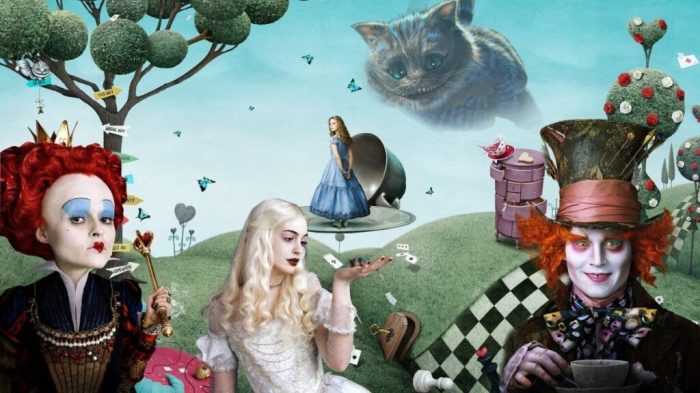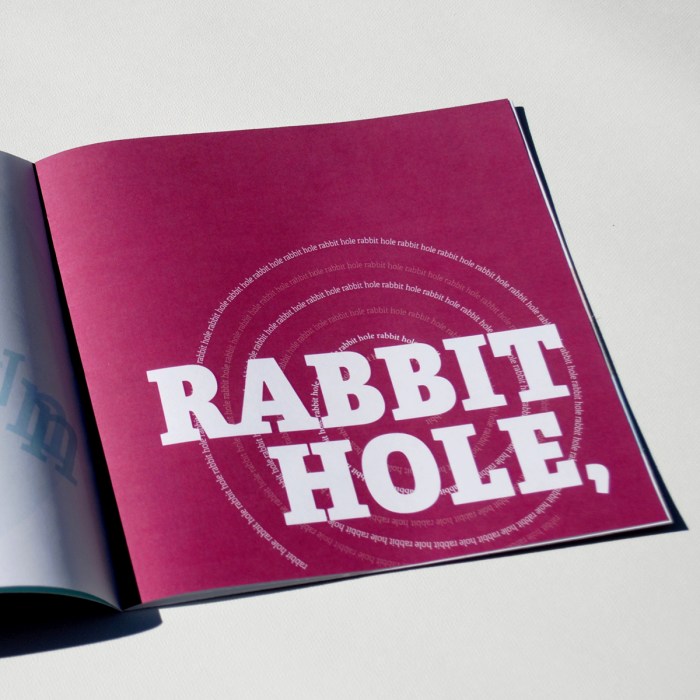The “Monologue for Alice in Wonderland” presents a captivating exploration of the iconic character’s inner world, unraveling the profound themes and motifs that shape her journey through the fantastical realm.
Alice’s monologues serve as a window into her evolving self-discovery, her struggles with logic and identity, and the transformative power of language and nonsense in the surreal landscape of Wonderland.
Alice’s Monologues in Wonderland: Monologue For Alice In Wonderland

Alice’s monologues are a defining feature of Lewis Carroll’s classic novel, Alice’s Adventures in Wonderland. These monologues provide a unique window into Alice’s thoughts and feelings as she navigates the surreal and dreamlike world of Wonderland.
Carroll’s use of monologues in the novel serves several important functions. First, they allow readers to access Alice’s inner thoughts and emotions, which would otherwise remain hidden. Second, they provide insight into Alice’s character development as she grapples with the challenges and absurdities of Wonderland.
Alice’s Monologues: Themes and Motifs
Alice’s monologues are rich in themes and motifs that contribute to her character development. One of the most prominent themes is Alice’s search for identity. As she encounters strange and unfamiliar creatures, Alice struggles to understand who she is and where she belongs.
Another recurring motif in Alice’s monologues is the theme of nonsense. The world of Wonderland is governed by nonsensical rules and logic, which Alice must learn to navigate. This theme highlights the absurdity of the adult world and the importance of imagination and creativity.
The Role of Language and Nonsense
Carroll’s use of language and nonsense in Alice’s monologues is a defining feature of the novel. The language is often playful and nonsensical, reflecting the dreamlike atmosphere of Wonderland. This unique language challenges conventional logic and encourages readers to think outside the box.
Alice’s Monologues as a Reflection of Her Inner World
Alice’s monologues reveal her inner thoughts and feelings, providing insight into her struggles with identity and self-discovery. Through her monologues, Alice expresses her fears, frustrations, and hopes, allowing readers to connect with her on a personal level.
The Significance of the Cheshire Cat’s Monologues
The Cheshire Cat’s monologues play a significant role in Alice’s journey. The Cheshire Cat serves as a guide and mentor to Alice, offering her cryptic advice and challenging her conventional beliefs. His monologues highlight the importance of questioning authority and embracing the unknown.
Alice’s Monologues in Adaptations
Alice’s monologues have been adapted in numerous film, television, and stage productions. Different adaptations have interpreted and presented her monologues in unique ways, reflecting the changing cultural and social contexts in which they were produced.
Conclusion, Monologue for alice in wonderland
Alice’s monologues are an essential part of Lewis Carroll’s classic novel, Alice’s Adventures in Wonderland. They provide insight into Alice’s character development, explore themes of identity and nonsense, and challenge conventional logic. Through her monologues, Alice becomes a relatable and unforgettable character, inspiring generations of readers to embrace their imaginations and question the world around them.
Q&A
What is the significance of Alice’s monologues in “Alice in Wonderland”?
Alice’s monologues reveal her inner thoughts and feelings, providing insight into her struggles with identity, logic, and the surreal nature of Wonderland.
How does language and nonsense shape Alice’s monologues?
The unique language and nonsense in Alice’s monologues enhance the dreamlike atmosphere of Wonderland, challenging conventional logic and offering alternative perspectives.
What role does the Cheshire Cat play in Alice’s monologues?
The Cheshire Cat’s monologues offer enigmatic guidance and challenge Alice’s assumptions, representing the transformative and unpredictable nature of Wonderland.



